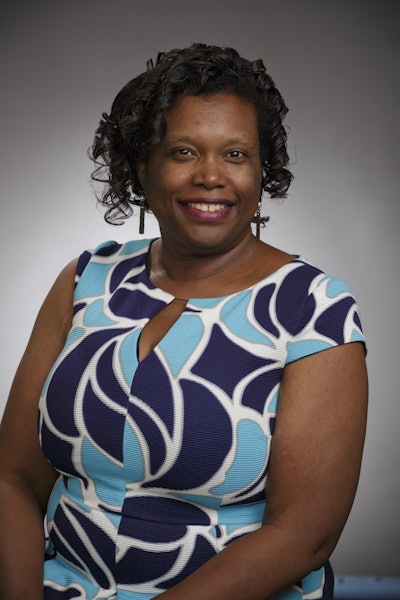 Dr. Stella L. Smith
Dr. Stella L. SmithThere has been a lot of focus on how higher education institutions are dealing with the pandemic. Will classes be online in the Fall? How will the rigor of courses be maintained? Will there be budget cuts? How will the postsecondary model of education focus on the impact on students? Most of these conversations have focused on undergraduate students, faculty, and staff. One population that is often overlooked is the graduate student population. Who can they turn to for resources in this uncertain time?
Although the need to minimize the spread of COVID-19 is clear, colleges and universities’ closures have left many students, particularly those with a low-income intersectional background, with tough decisions to make.
Between being forced to move off-campus, navigating sophisticated resources to obtain the necessary materials to finish the semester from home, food insecurity, and numerous other obstacles, many students are being forced to make decisions that will have a significant impact on their educational, professional, and personal goals forever.
For many people, the pandemic is upsetting our financial security. But for students who haven’t yet entered the workforce, there is a whole other level of uncertainty and insecurity. We offer three tips for graduate students, particularly first-generation postgraduate students, to access the support and guidance they might need during this pandemic.
Tip #1: Use your Campus Support Services: It’s important to remember that you are not in this alone. Please don’t be afraid to reach out to your institution’s support services during this time if you require additional help or resources to be successful. Please make sure you are in consistent communication with your support system, whomever that might be. Your community will provide you with the critical support needed during times of uncertainty.
 Leslie Ekpe
Leslie EkpeTip #2: Be Aware of Your Mental Health: If you feel worried and nervous regarding the COVID-19 pandemic, you are not alone. Many students are already feeling elevated rates of tension and anxiety than average. Ensure that you are taking steps to protect your mental health, whether that be a quiet time, social time, taking a break from social media, etc.
Tip #3: Don’t Fall Victim to Productivity Shaming: Do not allow yourself to be caught in the notion that you must be doing more during these times. Academia often supports a “grind until you make it” mindset that leaves little room for rest. Productivity shaming prevents you from ever feeling like you’re doing “enough,” during which you are sheltering at home. I also recommend that you learn to be decisive in how you spend your time. Develop a system that helps you to decide when you have done enough for the day and can walk away feeling content, fulfilled, and ready to dive right in the next day. Take your time as that work will be there tomorrow.
The bottom line is this: Self-care is always critical, but especially right now. YOU COME FIRST. You are your best advocate. If you need accommodations, reach out to your professors or advisors. If you need additional time, ask for that time. Allow yourself the opportunity to catch up on your favorite Netflix series or take a nap! Our current situation is emotionally and mentally draining, and you deserve to recharge. As a society, we are navigating new territory. It is okay not to have it all figured out.
Dr. Stella L. Smith is the associate director of the Minority Achievement, Creativity and High Ability Center (MACH-III) at Prairie View A&M University. Leslie Ekpe is a doctoral student at Texas Christian University.

![Mentor Mentee [60287]](https://img.diverseeducation.com/files/base/diverse/all/image/2024/04/Mentor_mentee__60287_.662959db8fddb.png?auto=format%2Ccompress&fit=crop&h=100&q=70&w=100)



















